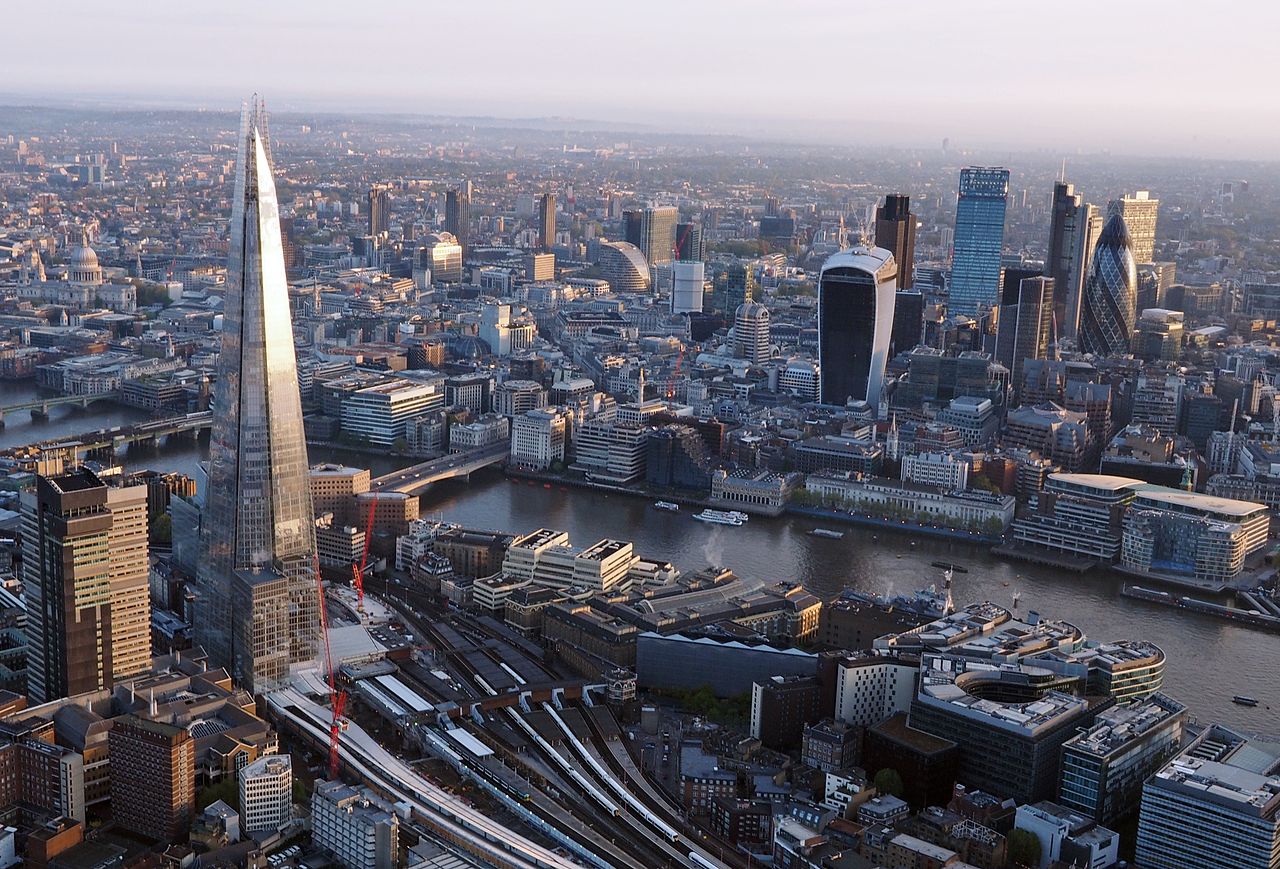
On January 31, 2020, the United Kingdom left the European Union. The famous Brexit, which has occupied everyone’s mind in the country but also in Europe for more than three years, ended up intervening, after 47 sometimes stormy years spent within the Union. A historical setback.
In doing so, the country loses its privileged access to the gigantic economic market that represents the European Union, and must negotiate by the end of 2020 a new trade agreement. It also hopes to stimulate trade with other regions of the world, including North America and Asia. The economy should suffer for a few years while things get in place. The financial center of London, one of the largest in the world, should also drop in the rankings in favor of that of Paris, in particular.
However, the borders should not close completely. Europeans living in the United Kingdom should be able to obtain the right to stay there, and conversely British people living in the European Union should live where they wish. However, new settlements will be subject to the usual administrative authorizations in the event of international migrations, making exchanges more complex.
The European Union therefore has only 27 countries, losing 66.5 million inhabitants. It is now inhabited by around 450 million inhabitants. The United Kingdom was one of the most important countries in the Union, with its third population and economy, behind Germany and France.




